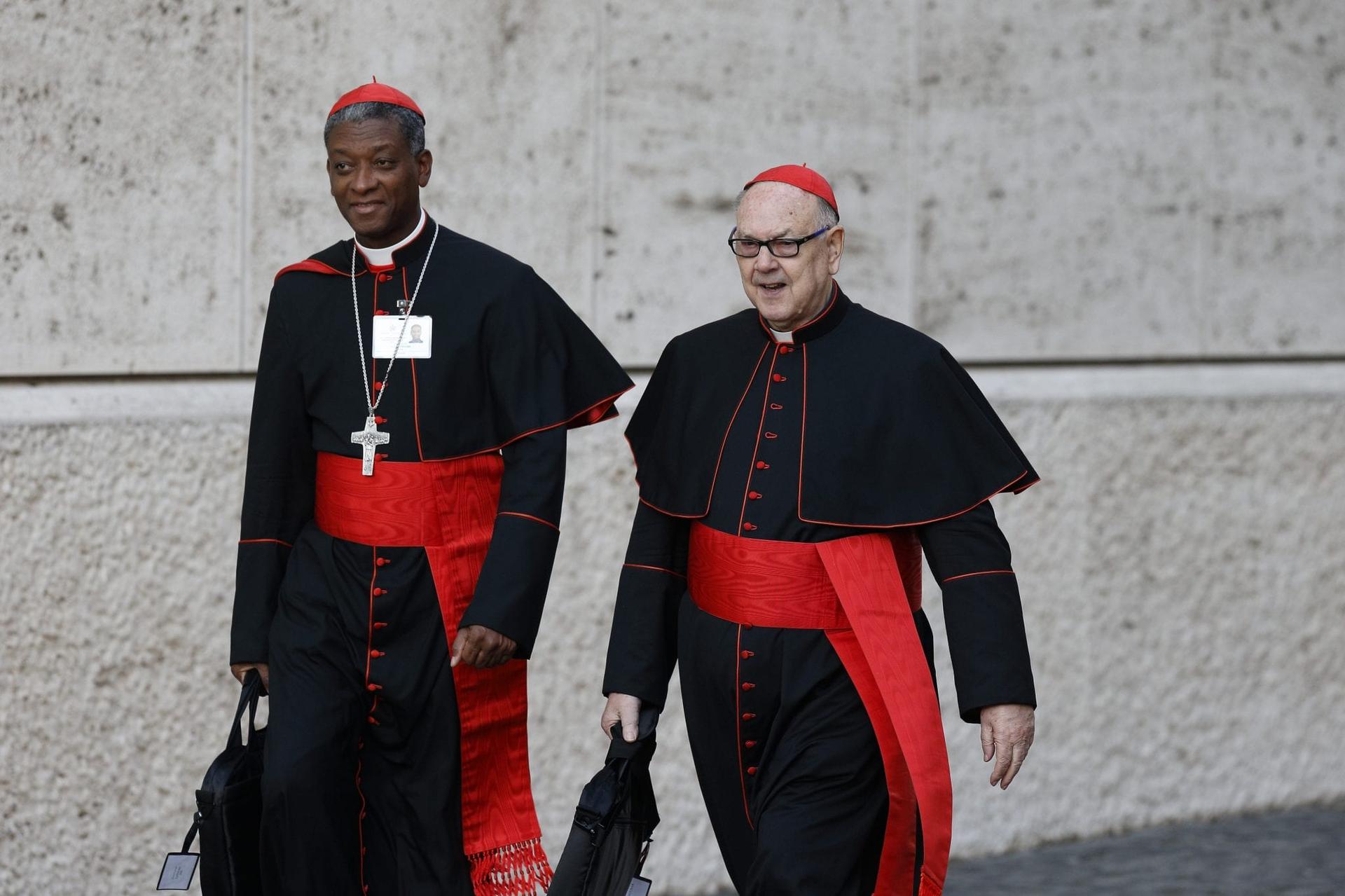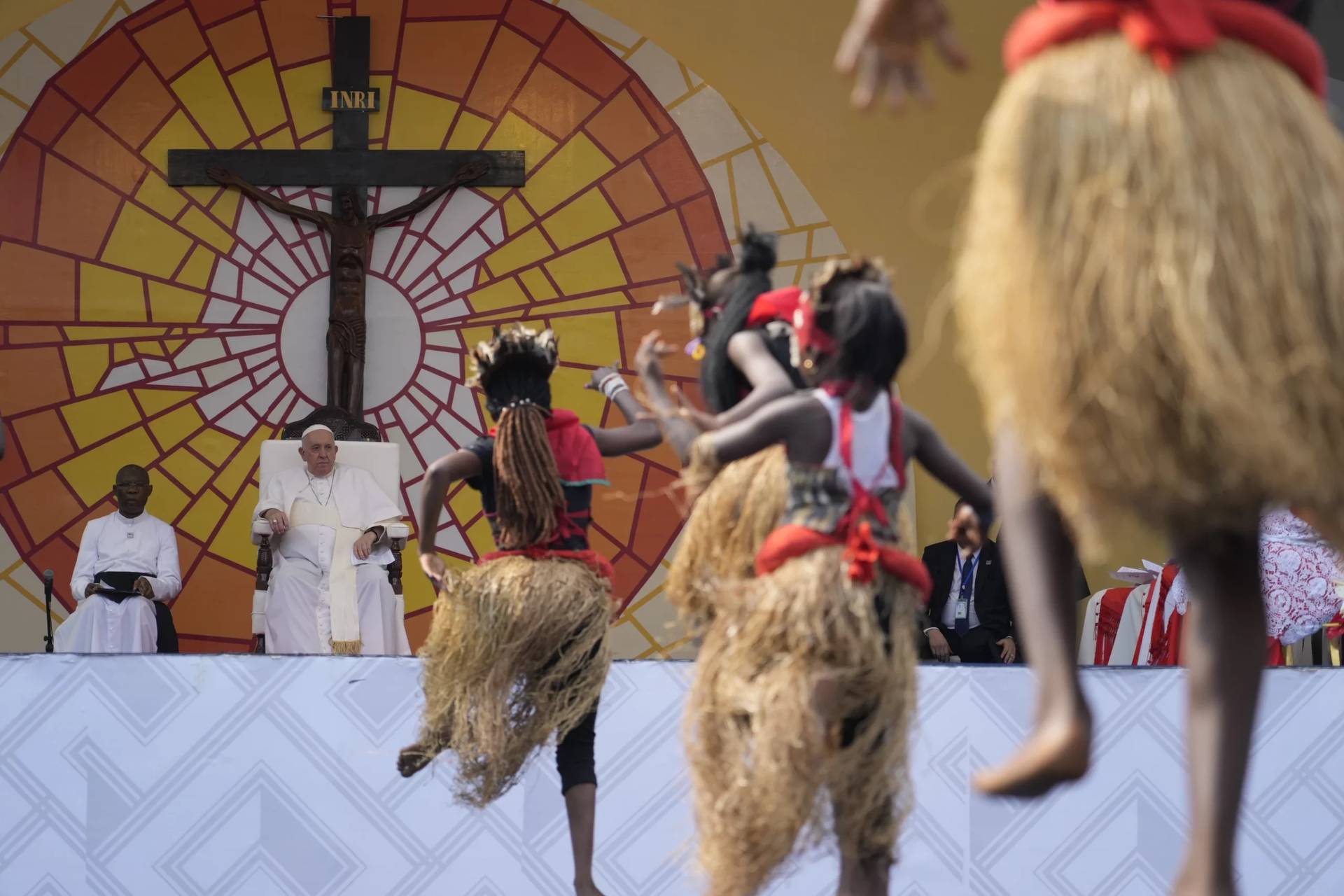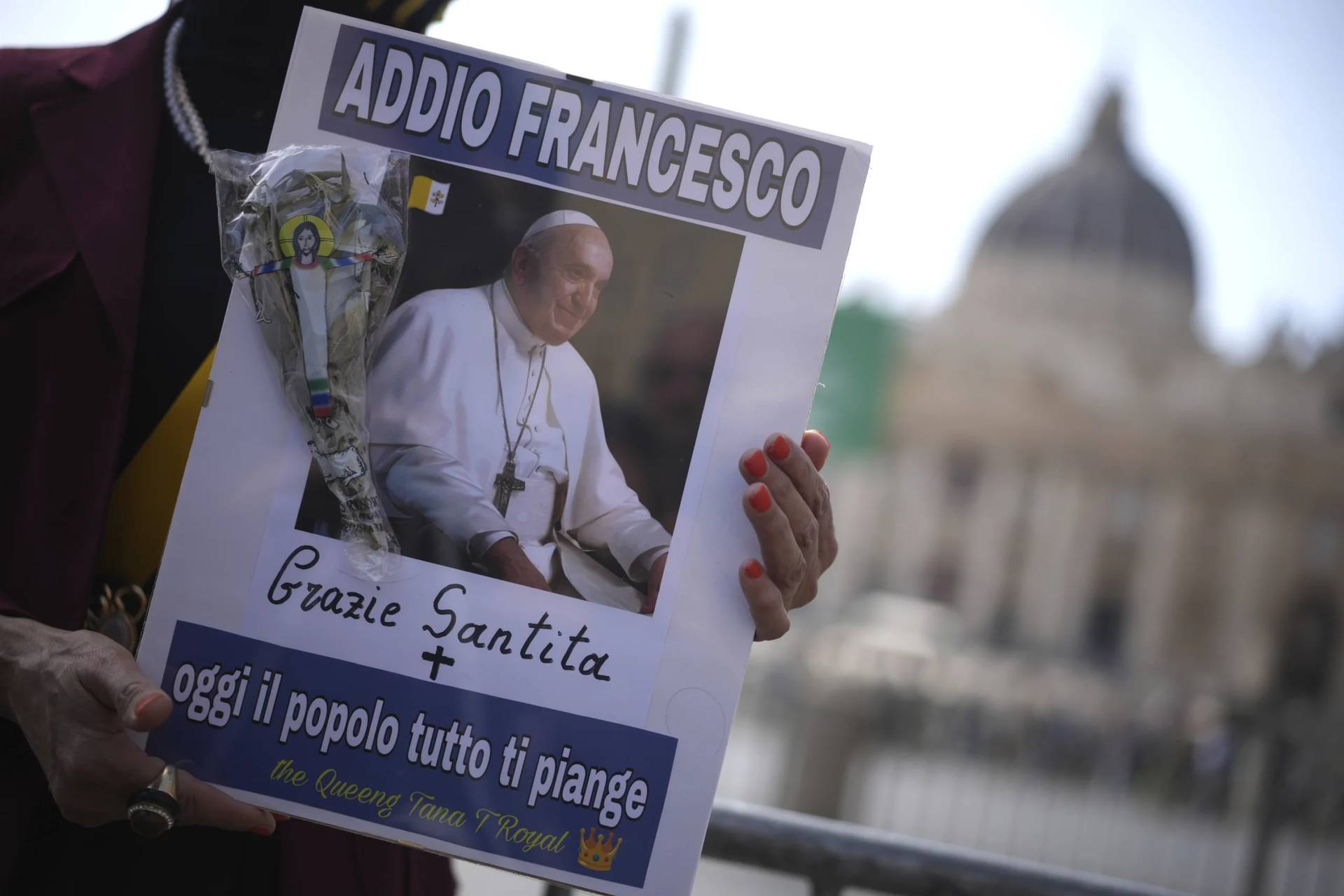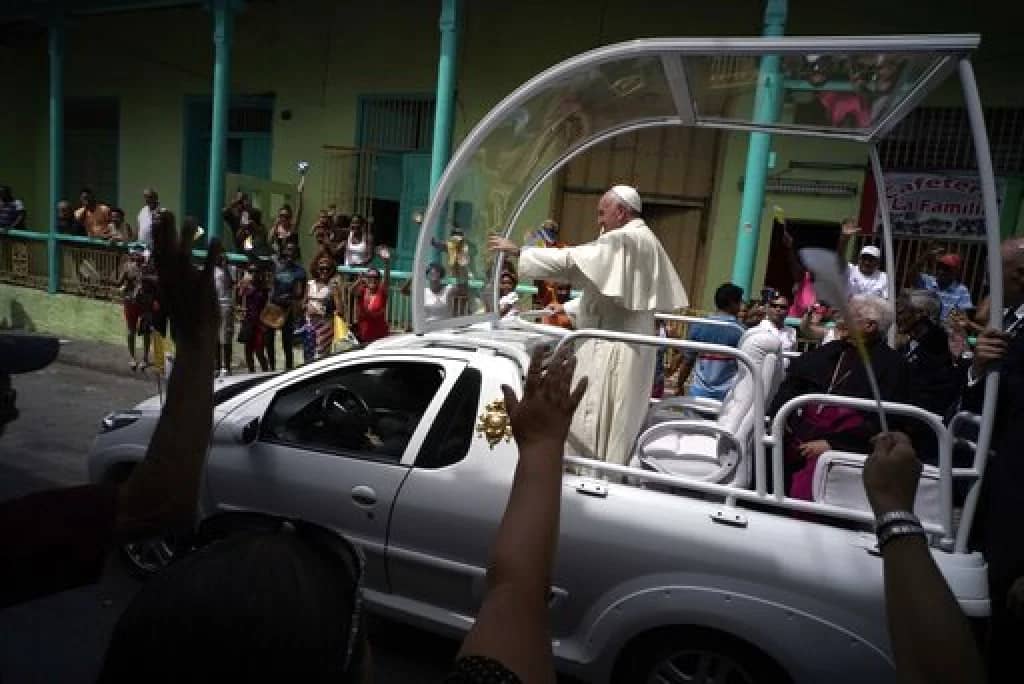MALAGA, Spain — Spanish Cardinal Fernando Sebastian Aguilar, retired archbishop of Pamplona, died in Malaga Jan. 24 at the age of 89 after suffering a stroke.
For decades, the cardinal had been an outspoken leader who played an important role in developing the positions of the Spanish Church on a wide variety of issues, ranging from stem-cell research to the importance of evangelization, from how Christianity can confront terrorism to “the Christian vocation and its forms,” which was the topic of the still-unpublished book he completed shortly before his death.
When Pope Francis named him a cardinal in 2014, Cardinal Sebastian told a newspaper reporter that he had met then-Cardinal Jorge Mario Bergoglio in 2006.
“He greeted me by name, and I asked him how he knew me,” Sebastian told the newspaper. “He told me that he’d read all my writing and that he was a student of mine. That gave me great joy.”
Reporting on his death, the Spanish newspaper El Pais described him as “Pope Francis’s man in Spain.”
Born in Calatayud, Spain, Dec. 14, 1929, Fernando Sebastian Aguilar joined the Claretians at the age of 15. He was ordained in 1953 and earned his doctorate in theology from the Pontifical University of St. Thomas Aquinas in Rome four years later. He wrote his dissertation on the divine motherhood of Mary.
His many assignments and activities included founding the prominent Catholic magazine, Iglesia Viva, in 1966, and serving as rector of the Pontifical University of Salamanca from 1971 to 1979, when St. John Paul II named him bishop of Leon.
In 1982, he was elected secretary-general of the Spanish bishops’ conference. A year later, he resigned as bishop of Leon to dedicate more time to the bishops’ conference. In April 1988 he was named coadjutor archbishop of Granada and, in 1993, he was transferred and became archbishop of Pamplona, a position from which he retired in 2007.
His death leaves the College of Cardinals with 223 members, 124 of whom are under the age of 80 and therefore eligible to vote in a conclave to elect a new pope.

















